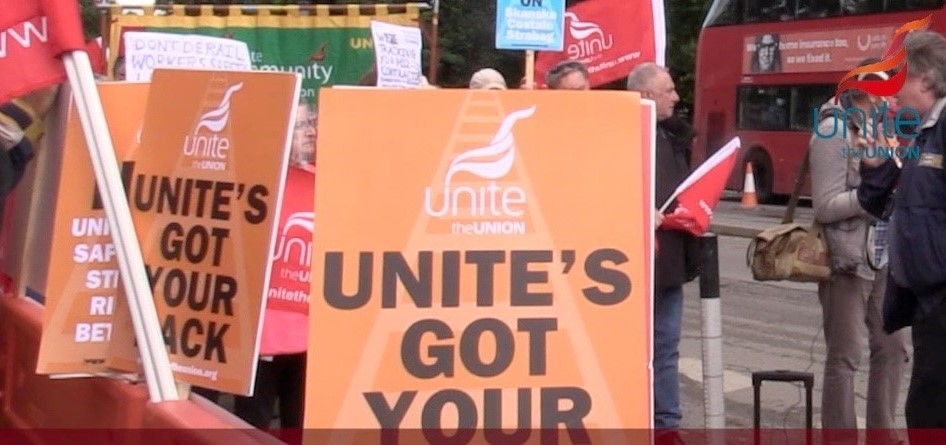‘Clear downturn’
The fallout of post-Brexit uncertainty is slowly starting to rear its ugly head, as the latest update on construction unexpectedly showed the industry contracting for the first time in over a year.
It was the biggest fall since the Brexit vote last June, according to the closely-watched Markit construction purchasing managers’ index (PMI), published today (October 3) which registered a drop from 51.1 in August to 48.1 in September.
When the PMI falls below the critical 50 mark, it indicates the industry is shrinking instead of expanding.
The author of the Markit report Tim Moore pointed to a huge drop in civil engineering work – the largest drop since 2013 – with some firms attributing the fall to a lack of new infrastructure projects to replace old contracts.
“Fragile client confidence and reduced tender opportunities meant that growth expectations across the UK construction sector are… among the weakest for four-and-a-half years,” Moore said.
“At the same time, cost pressures have intensified, driven by supply bottlenecks and rising prices for imported materials.”
Commercial development too has been among the worst performing categories in recent months, with construction firms attributing “falling volumes of commercial work to subdued  business  investment  and reduced risk appetite among clients, linked to heightened economic and political uncertainty,” Moore said.
‘Worse than expected’
Head of infrastructure for building and construction at KPMG Richard Threlfall highlighted just how alarming the latest barometer reading for the industry is.
“This reading is significantly worse than expected and shows that economic uncertainty continues to have a serious impact on the construction industry,” he said. “Construction is an economic bellwether, so the concern will spread well beyond the sector.
“There is a clear downturn in commercial construction, which is likely to continue. This is because new orders are dropping off, hitting pipelines. Infrastructure output also appears to be in decline and contractors will be concerned about a lack of new projects.”
As the news of the construction industry contracting hit this morning, the pound fell to its lowest level in two weeks against the dollar at $1.325.
The construction PMI follows hot on the heels of the PMI for manufacturing published yesterday (October 2), which, while it didn’t register an actual contraction, it showed the industry still experienced sluggish growth, falling to 55.9 in September from 56.7 in August.
It was expected that manufacturing would benefit from the weakened pound because it’s been cheaper for foreign buyers to purchase exports, but it’s been a double edged sword because the cost of imported goods used to produce products has shot up too.
Responding to the latest news on the contraction of the construction industry, Unite assistant general secretary Gail Cartmail said, “Post-Brexit the chill winds of indecision and uncertainty are blowing through construction and a lot is at stake.”
“Much needed new homes on hold and apprenticeship offers drying up due to uncertainty about future contracts have both medium- and long-term consequences,” she added.
“It doesn’t have to be like this. Government must step in with a bespoke strategy for construction to get Britain building, offering real solutions as opposed to confusion over where the UK stands post-Brexit.”
Today’s news follows the publication of a major survey earlier this year which showed that construction, an industry already facing a skills crisis, could lose 8 per cent of its workforce because of Brexit.
“It is essential that the government wakes up to the threat faced to the UK construction industry by reversing decades of neglect and massively increasing the number of high quality apprenticeships so the UK can increasingly become self-sufficient,” Cartmail said.
“This will not be achieved unless the government introduces strict public procurement policies forcing companies bidding for all public sector contracts to recruit and train high numbers of apprentices. The lassiez faire model of construction apprentice training has been an unmitigated failure.”
After concerning reports on the health of both construction and manufacturing, the PMI survey for services, due to be published tomorrow (October 4) will be especially scrutinised as the consequences of Brexit start to be felt – the service sector accounts for two-thirds of the UK economy.
 Like
Like Follow
Follow


